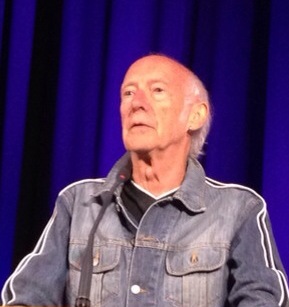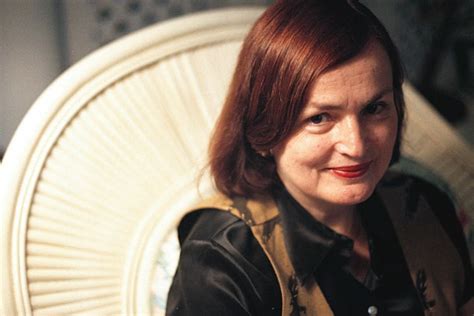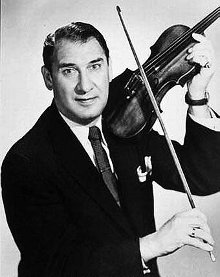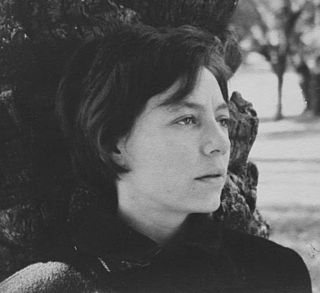A Quote by Roger McGough
Let me die a youngman's death not a clean and in-between- the-sheets, holy-water death.
Related Quotes
We are left with nothing but death, the irreducible fact of our own mortality. Death after a long illness we can accept with resignation. Even accidental death we can ascribe to fate. But for a man to die of no apparent cause, for a man to die simply because he is a man, brings us so close to the invisible boundary between life and death that we no longer know which side we are on. Life becomes death, and it is as if this death has owned this life all along. Death without warning. Which is to say: life stops. And it can stop at any moment.
Death is the twin of love and mother of us all, she struggles equally for men and women and never accepts differences of caste or class. It's death that quickens us and brings us forth on sheets of love, clasped between sleep and wakefulness and barely breathing for a spell, and thus my death shall be like everybody else's death, as majestic and as pathetic as a king or a beggar's, neither more nor less.
To begin depriving death of its greatest advantage over us, let us adopt a way clean contrary to that common one; let us deprive death of its strangeness, let us frequent it, let us get used to it; let us have nothing more often in mind than death... We do not know where death awaits us: so let us wait for it everywhere." "To practice death is to practice freedom. A man who has learned how to die has unlearned how to be a slave.
Birth leads to death, death precedes birth. So if you want to see life as it really is, it is rounded on both the sides by death. Death is the beginning and death is again the end, and life is just the illusion in between. You feel alive between two deaths; the passage joining one death to another you call life. Buddha says this is not life. This life is dukkha - misery. This life is death.
Death is a part of all our lives. Whether we like it or not, it is bound to happen. Instead of avoiding thinking about it, it is better to understand its meaning. We all have the same body, the same human flesh, and therefore we will all die. There is a big difference, of course, between natural death and accidental death, but basically death will come sooner or later. If from the beginning your attitude is 'Yes, death is part of our lives,' then it may be easier to face.
There are two kinds of death, the death which is inevitable and common to all beings, and the death which is voluntary and particular to certain ones of them only. It is the second death which is prescribed for us in the words of the Messenger of Allah: "Die before you die." The resurrection is accomplished for him who dies this voluntary death. His affairs return to God and they are but one. He has returned to God and he sees Him through Him. As the Prophet said - on him be Grace and Peace!
Sweet is true love though given in vain, in vain;
And sweet is death who puts an end to pain:
I know not which is sweeter, no, not I.
Love, art thou sweet? then bitter death must be:
Love, thou art bitter; sweet is death to me.
O Love, if death be sweeter, let me die.
...
I fain would follow love, if that could be;
I needs must follow death, who calls for me;
Call and I follow, I follow! let me die.
So to be sick unto death is, not to be able to die-yet not as though there were hope of life; no, the hopelessness in this case is that even the last hope, death, is not available. When death is the greatest danger, one hopes for life; but when one becomes acquainted with an even more dreadful danger, one hopes for death. So when the danger is so great that death has become one's hope, despair is the disconsolateness of not being able to die.
But, who is Death? A figure that harrows and wastes wherever and however it pleases. This is also a possible description of the Countess Bathory. Never did anyone wish so hard not to grow old; I mean, to die. That is why, perhaps, she acted and played the role of Death. Because, how can Death possibly die?
Clean water is a necessity that we can no longer take for granted. Each year more people die of water related diseases than any other cause of death on this planet. With a higher rate of suffering and mortality than diabetes, cancer, high cholesterol, or war; or any two combined for that matter! An entire economy is growing around water. Those without money are suffering the most and risk severe illness from contaminated sources
When I was young, the early death of my father cast a shadow over me - and I was afraid to die before all my literary plans came true. But between 30 and 40 years of age my attitude to death became quite calm and balanced. I feel it is a natural, but no means the final, milestone of one's existence.







































